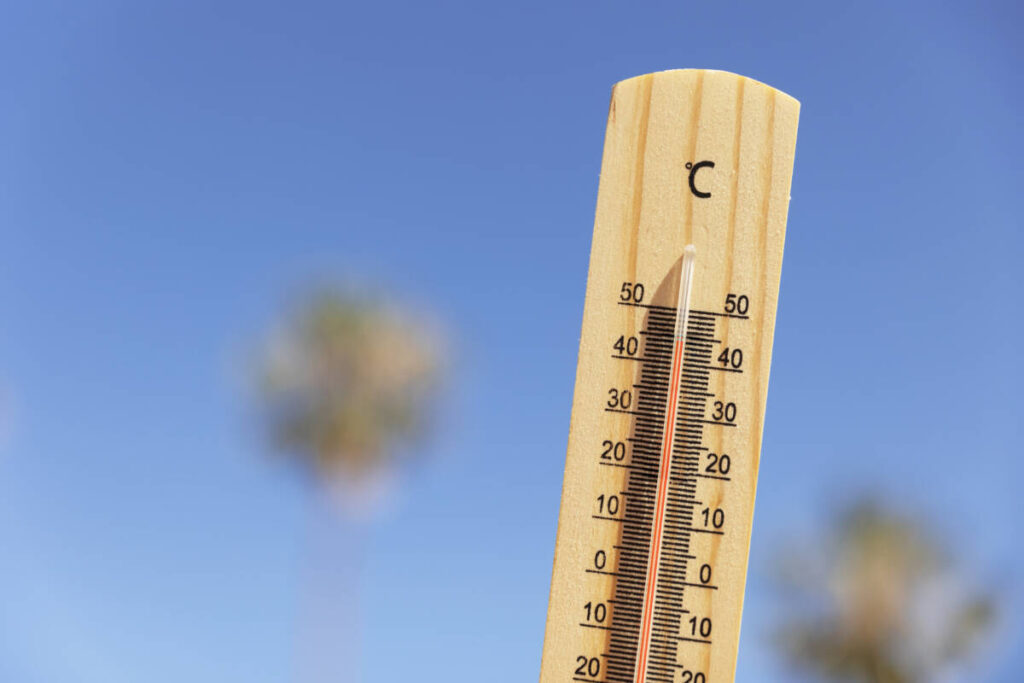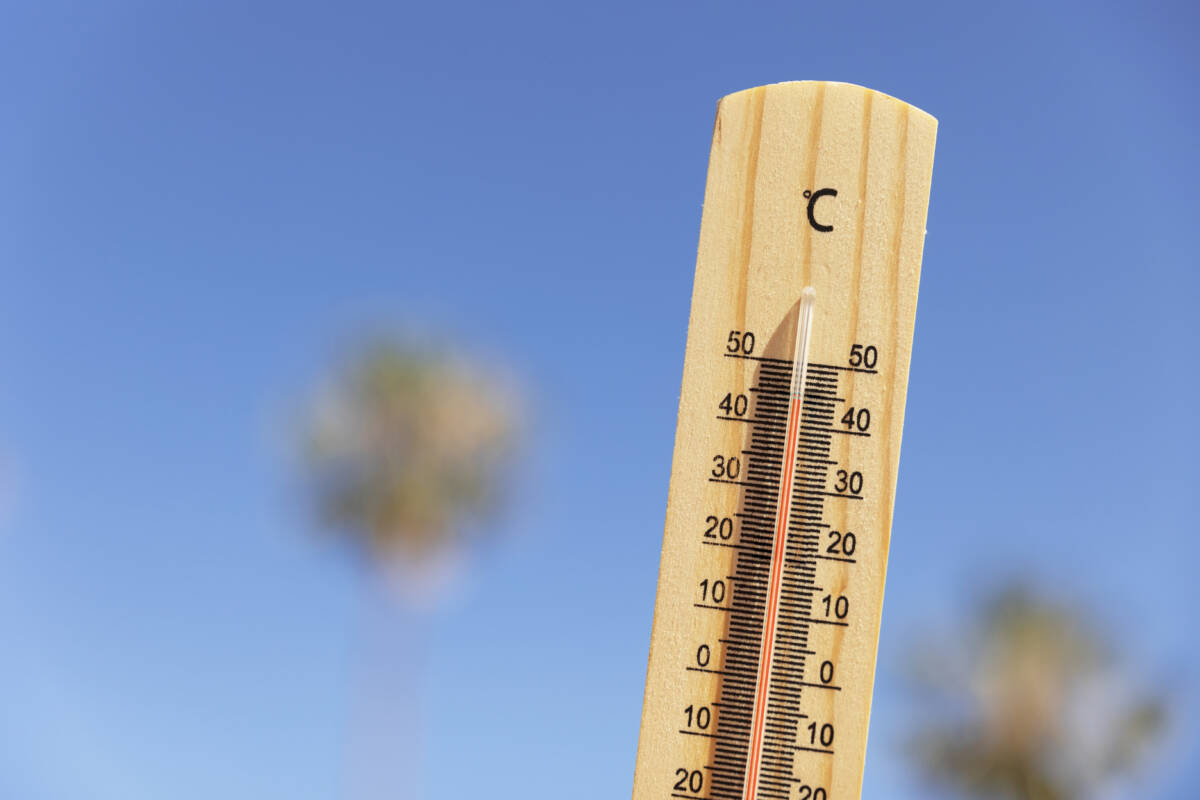
Jakarta, May 22, 2024 – Indonesia recently experienced a hot air phenomenon. The Meteorology, Climatology, and Geophysics Agency (BMKG) confirmed this was not a heatwave. However, Climate Action Tracker (CAT) data shows that current policies worldwide will lead to a warming of around 2.7°C above pre-industrial levels. This underscores the urgent need for climate crisis mitigation efforts in all countries.
Wira A Swadana, Program Manager of Green Economy, Institute for Essential Services Reform (IESR), explained, citing CAT data, climate actions and policies for emission reduction in Indonesia are categorized as critically insufficient. This means the government’s efforts to reduce global warming are still far from limiting the Earth’s temperature below 1.5˚C in the 2015 Paris Agreement.
“The CAT study also shows two reasons for Indonesia’s low rating. First, the increase in coal burning for coal-fired power plants (CFPPs) operating in 2022 resulted in Indonesia’s emissions increasing by about 21% within a year. Second, power plants operating outside PT PLN’s plans and networks are often called captive power plants, which supply electricity to many factories,” said Wira in X Space, entitled “Hot Weather, What Can We Do?” on Wednesday (22/4/2024).
Furthermore, Wira mentioned that a temperature rise of 1.5˚ to 2˚C could change much of life on Earth. The Intergovernmental Panel on Climate Change (IPCC) study found that when the temperature increases by 1.5°C, nearly 14 percent of the world’s population will be exposed to severe heat waves. However, if there is a 2°C increase, 37 percent of the world’s population will be affected by severe heat waves. Due to this, Wira emphasized the need for the Government of Indonesia to enhance its commitment to mitigating and adapting to the climate crisis.
“Unfortunately, this commitment has not been maximized. This can be seen from the Government, through the National Energy Council (DEN), changing the renewable energy mix target in 2025 to 17-19%, which is lower than the previous target of 23%. This move sends the wrong signal to the private sector looking to invest in renewable energy in Indonesia, for example. In addition, the government also needs to look at funding commitments because Indonesia’s achievement to date has not exceeded 60%,” said Wira.
Wira emphasized the need for cooperation among various parties, including the executive, legislative, and private sectors, to promote the use of renewable energy. Several studies have demonstrated Indonesia’s significant potential for renewable energy sources such as solar, wind, hydro, bioenergy, and geothermal.
Meanwhile, Clarissa Magdalena, Policy and Advocacy Manager, Center for Indonesia’s Strategic Development Initiatives (CISDI), emphasized that the hot weather causes humans to sweat more quickly, leading to a higher risk of prickly heat and itching. If the body cannot adapt to the heat, its internal temperature will rise to match the environmental temperature, resulting in fatigue, headaches, and nausea.
“The hot temperature phenomenon has a severe impact on the health of vulnerable people, such as the elderly, pregnant women, and children, due to dehydration. In these vulnerable groups, the hot weather can cause heat stroke, an emergency medical condition when the body temperature rises above 40 degrees Celsius. Symptoms of heatstroke include confusion, seizures, and loss of consciousness,” said Clarissa.
Clarissa suggests that vulnerable groups consume at least eight glasses or two liters of water daily to minimize the impact. To replenish body fluids, they should eat fruits and vegetables such as watermelon, melon, spinach, and cucumber. It’s essential to avoid excessive alcohol and caffeine as they can worsen dehydration.

